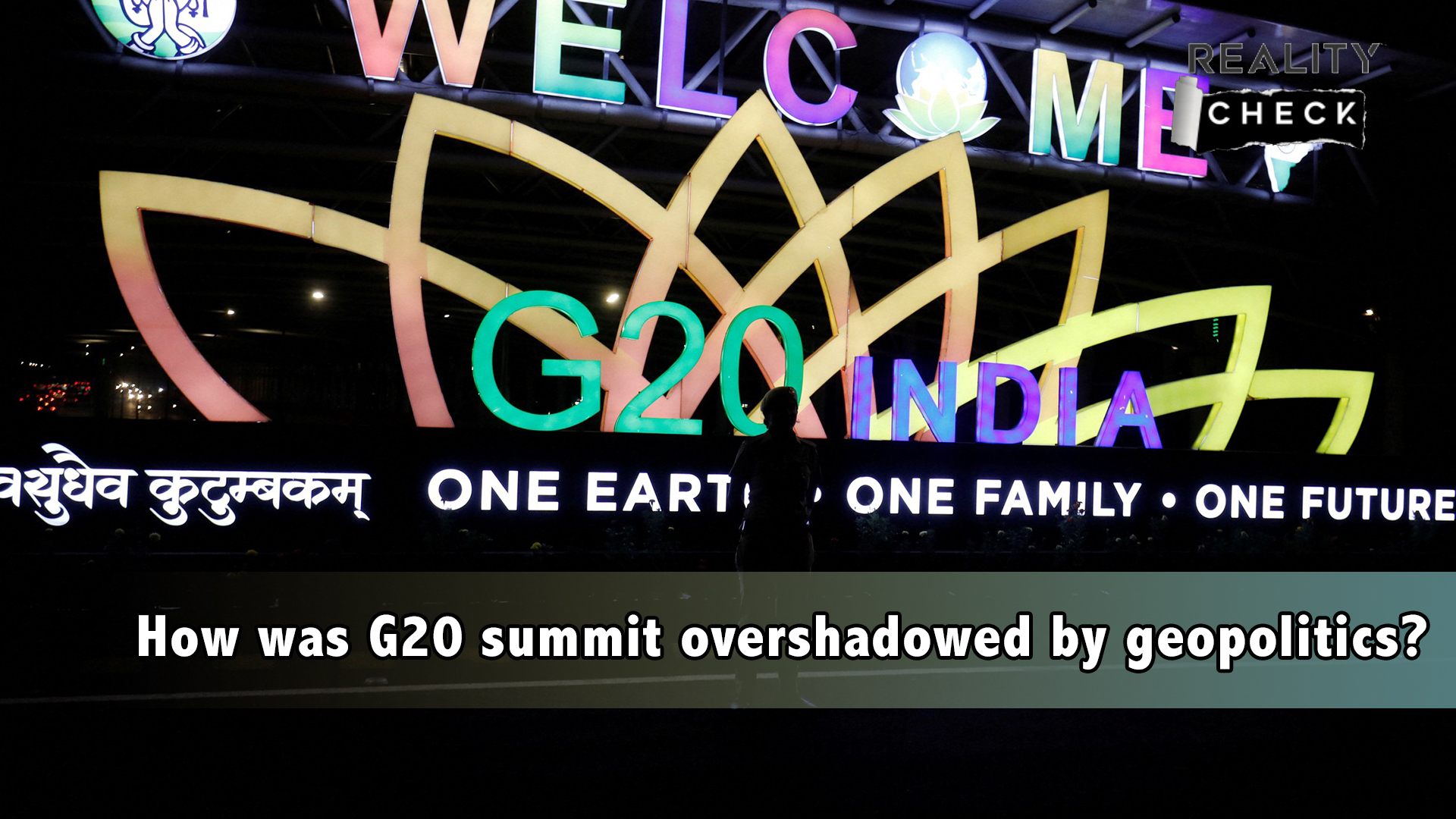How did the G20 summit get overshadowed by geopolitics? G20 Summit has just wrapped up. At this global forum for economic cooperation, geopolitics might have diverted attention away from the crucial agenda: Economic recovery.
01:40

Huang Jing: I think as human beings, we all live in the same village. That's why I think it's a common hope or expectation that we should come together and make our lives better.
I think this motto by the G20 and also what China put forward during the Olympics,
I think the same reflects this kind of joined wish or joined expectation and hope that we should go in that direction.
But just as you mentioned, we do have something that really divides us, especially between the Global North and the Global South.
You mentioned that the media seems to be focused on geopolitical issues, but we also know that the Global North does have a kind of dominance in the discourse of international affairs.
When the G7, and now the Global North is also participating in G20, of course. They try to drive or "lead" this kind of discourse of international affairs in their direction.
And that's why we have this kind of gap between what we really want to do, that is to fix our economy. We are all under huge pressure about our economies and what we need to avoid. That's a conflict.
Swaran Singh: Yes, geopolitics is influencing, but the mandate of G20, which is now 21, is not really to deal with geopolitics.
The original mandate of G20, now 21 was to deal with macroeconomic trends and manage those.